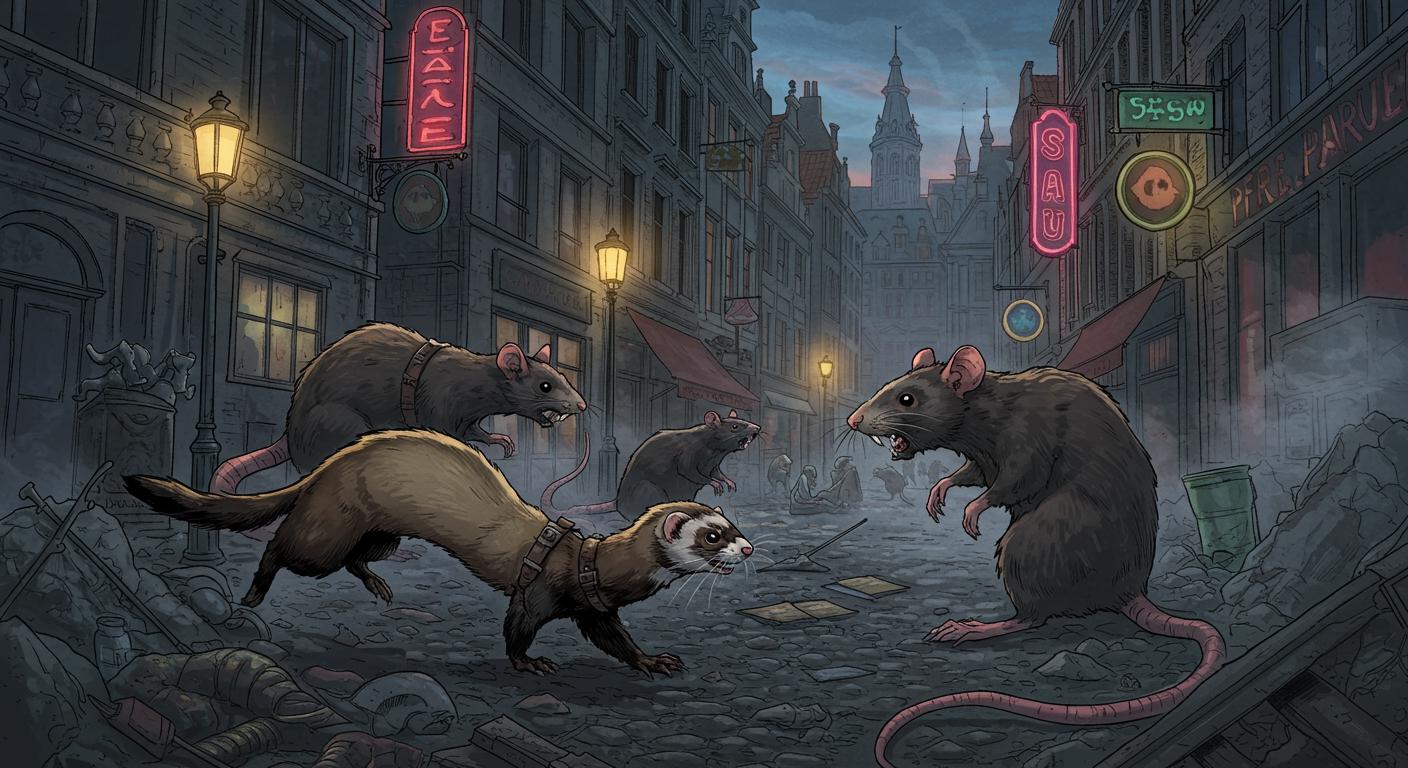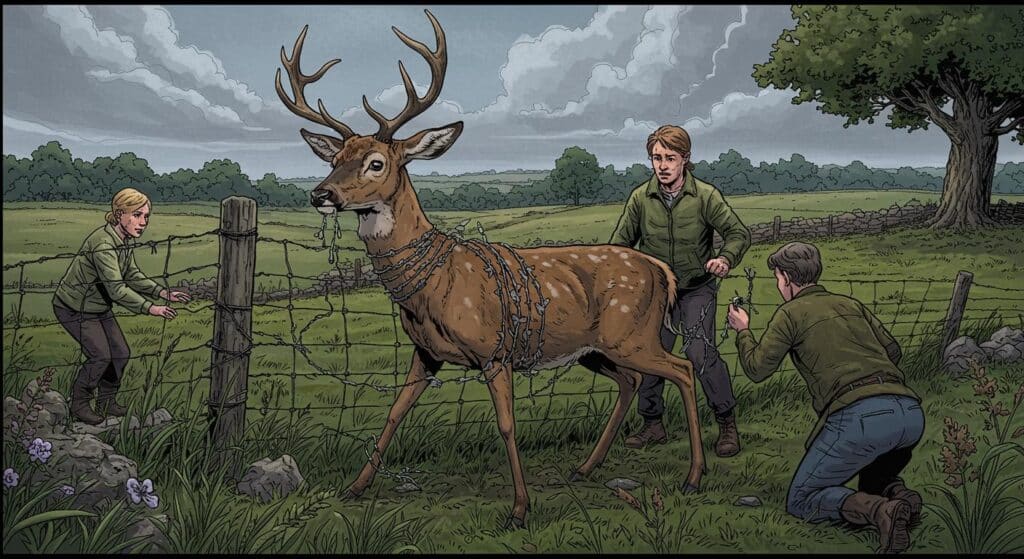In the increasingly creative world of urban pest control, Brussels is weighing a plan that raises eyebrows and, quite possibly, whiskers: trained ferrets may soon be deployed citywide to outmaneuver the capital’s burgeoning rat population. According to BBC News, this proposal isn’t as far-fetched as it sounds—ferrets are natural rat predators, and city officials are seriously considering putting them to work on the streets.
Ferrets vs. Rats: Old-School Predators, Modern Problems
Rats have become an entrenched issue for Brussels. Authorities told BBC News that the city’s brown rat population has almost doubled over the last decade, a spike attributed to unseasonably mild winters (perfect for breeding) and the rising popularity of compost bins. The city council’s response has included forming a dedicated rat task force, which, since January, has conducted more than 600 interventions in residents’ homes.
A spokesperson for Anas Ben Adelmoumen, Brussels’ councillor in charge of public cleanliness, explained that ferrets are able to “drive the rats out of their hiding places and bring them closer to traps,” since rats are a natural prey for ferrets. The BBC also notes that Etterbeek, a district of Brussels, has already put this technique into practice with good results. In these instances, not only do ferrets physically flush rats towards traps, but their lingering scent is potent enough to keep the area mostly rodent-free for several months. For rats, it seems, even eau de ferret is enough to evoke lingering dread.
Technology Meets Tooth and Claw
Meanwhile, the city isn’t abandoning modern solutions altogether. VRT NWS details that Brussels has increased its rat control budget by 20%—now €65,000 this year—with much of those funds directed toward purchasing “smart traps.” These devices lure rats with bait and then, in a sequence only Kafka might appreciate, submerge the rodents in a special liquid for what’s described as a painless end. The traps tally caught rodents by location, letting authorities identify hotspots and adjust tactics neighborhood by neighborhood.
It’s during budget discussions for 2026, the VRT NWS notes, that city officials floated the idea of hiring a professional rat catcher who would use trained ferrets, drawing inspiration from successes already reported by housing associations like Brusselse Woning and Lakense Haard.
Nature’s Solution: Nostalgic or Necessary?
The idea of dispatching ferrets isn’t quite as avant-garde as it might seem. As VRT NWS documents, ferret-run patrols have been a notable part of pest management in smaller Belgian municipalities such as Beersel and Merchtem. In these locations, ferrets squeeze into tiny rat hideouts and drive their quarry toward waiting traps, utilizing skills developed over centuries of domestication for hunting.
In Etterbeek, local results are reportedly positive: while some rats manage to dodge the traps, most seem to move on after a whiff of ferret, which creates a buffer that can last for months, as BBC News highlights. It seems there’s something to be said for nature’s own method when chemical and technological efforts meet their limits.
Of course, municipal officials still encourage classic prevention tactics. Andreas De Kerpel, spokesperson for the city’s cleanliness councillor, advised VRT NWS readers to avoid leaving food scraps out and to use tightly-sealed containers for rubbish—otherwise, rats will continue to roam wherever an easy meal and a warm den can be found.
Urban Theater: Ferrets in the Limelight
Budget line-items for rodent control have rarely read like a Jules Verne adventure, but Brussels may soon change that. If the city council’s plan moves forward, a cohort of professional ferrets could soon be sharing headlines with their high-tech trap cohorts. Perhaps there’s even room for friendly rivalry: which will win, the machine or the mustelid?
Still, underlying the quirky optics is a deeper reflection on urban ecosystems—how cities must shuffle between modern convenience and age-old natural balances. Will the ferrets become celebrated city employees or just the most charismatic footnote in Brussels’ ongoing battle with its rodent underworld?
You have to wonder how many city planners ever dreamed of negotiating line items for “ferret wrangling.” But maybe, as these reports suggest, the key to modern urban coexistence isn’t always new gadgets or chemical solutions—sometimes, it’s simply letting the oldest rivalries play out, one tunnel at a time.







